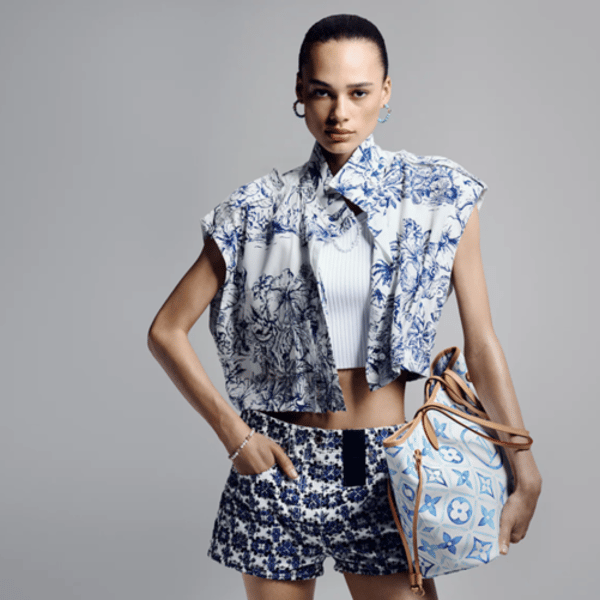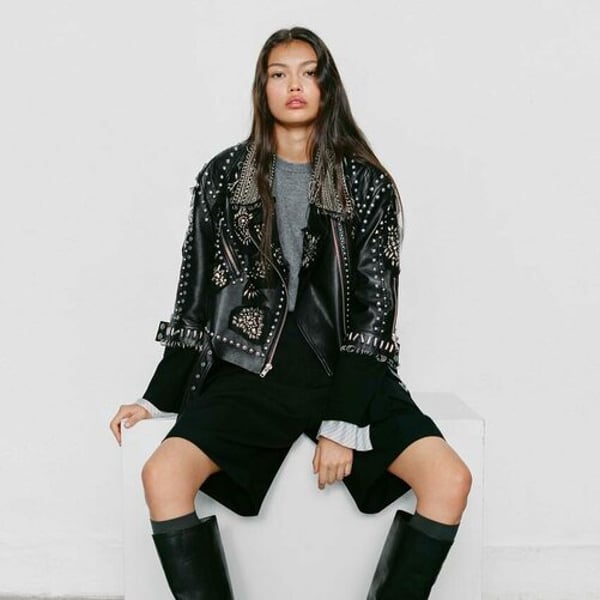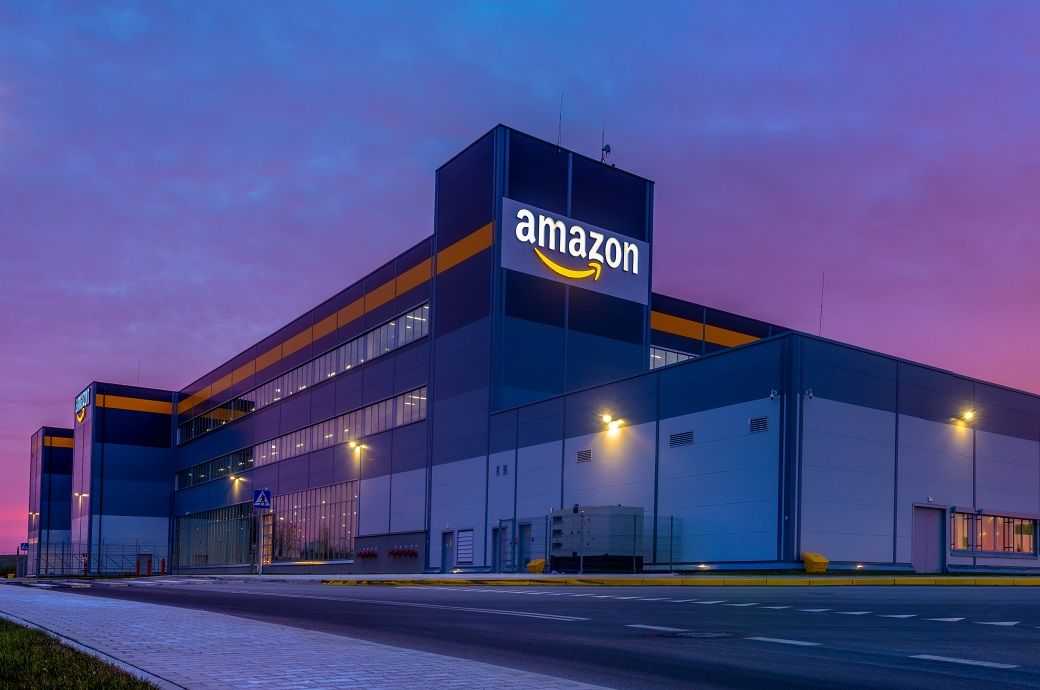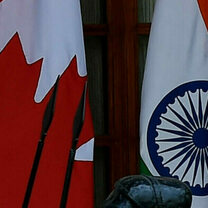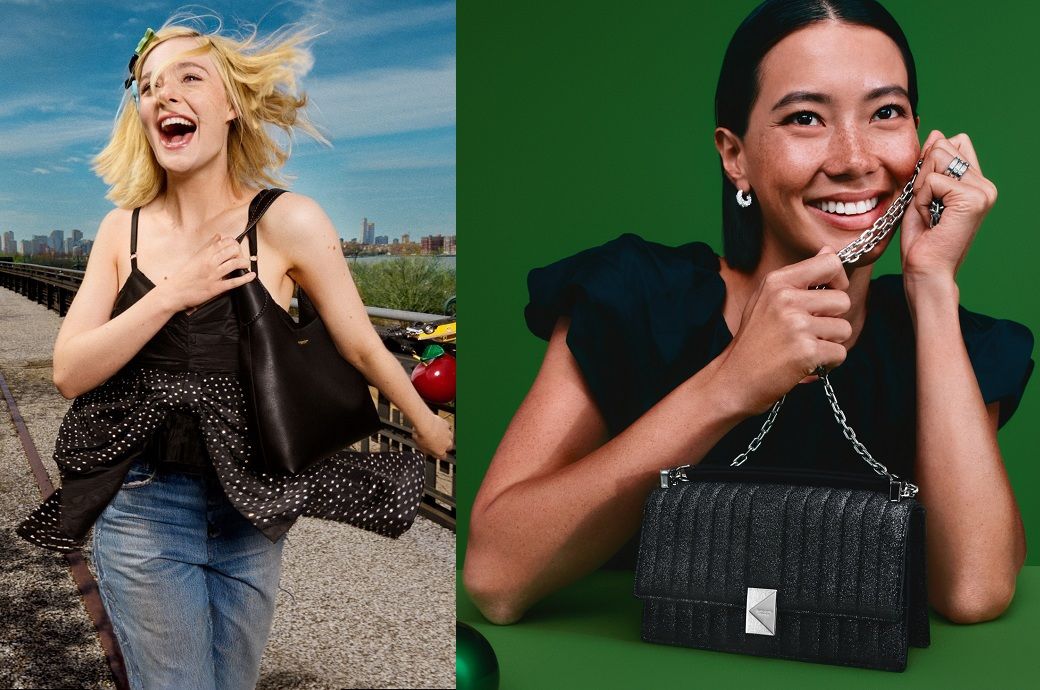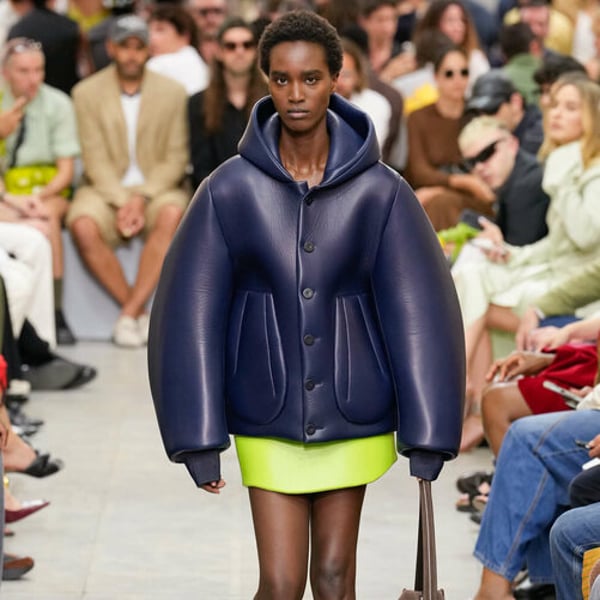By
Reuters
Published
June 18, 2024
The richest Chinese are avoiding flaunting their wealth in favor of more discreet fashion, according to a report released Tuesday by consulting firm Bain that predicts the weakest global luxury market since the height of the pandemic.
Global sales of high-end personal goods – spanning clothing, accessories and beauty products – will be between the same and 4% higher year-on-year at constant rates this year, Bain forecast in its closely watched semi-annual luxury report. in the fashion world.
It would be the weakest sales growth since 2020, when sales collapsed during the COVID-19 pandemic.
The slowdown is most marked in China, as economic uncertainty weighs on middle-class buyers and makes those who can still afford luxury wary of ostentation.
“For the first time in history we have the so-called shame of luxury in China,” said Federica Levato, partner at Bain.
In an environment of unemployment and social and economic crisis, the richest Chinese, who have returned to traveling, have shifted their expenses outside the continent.
“The market is, without a doubt, in a moment of stagnation,” added Levato. “After two and a half years of growth, there is fatigue in personal luxury goods.”
Germany's Beiersdorf said Tuesday it has had to contend with a “sharply declining” Chinese luxury skin care market this year, although its La Prairie creams, which cost several hundred dollars a jar, have gained market share. .
Bain's report will reinforce concerns among investors that Chinese luxury demand is not recovering, concerns that have hit shares of LVMH and Kering, which owns Gucci, over the past year.
It will also spur expectations that luxury brands at the top end of the market, such as Birkin bag maker Hermes, which sells bags priced at more than $10,000, will fare better in the current market.
Hermes shares are the only one of the large listed luxury houses to have made gains over the past year.
Instead of flocking to malls, shoppers are making private appointments and opting for more sober, discreet fashion, rather than “highly visible and eye-catching items,” Levato said, predicting that this trend, closely linked to an economic situation specific, it may not last.
Signs of recovery have emerged in the United States, with growth led by wealthier customers while younger, less wealthy shoppers continue to delay their purchases.
In Europe and Japan, the return of foreign visitors has boosted luxury sales.
© Thomson Reuters 2024 All rights reserved.

